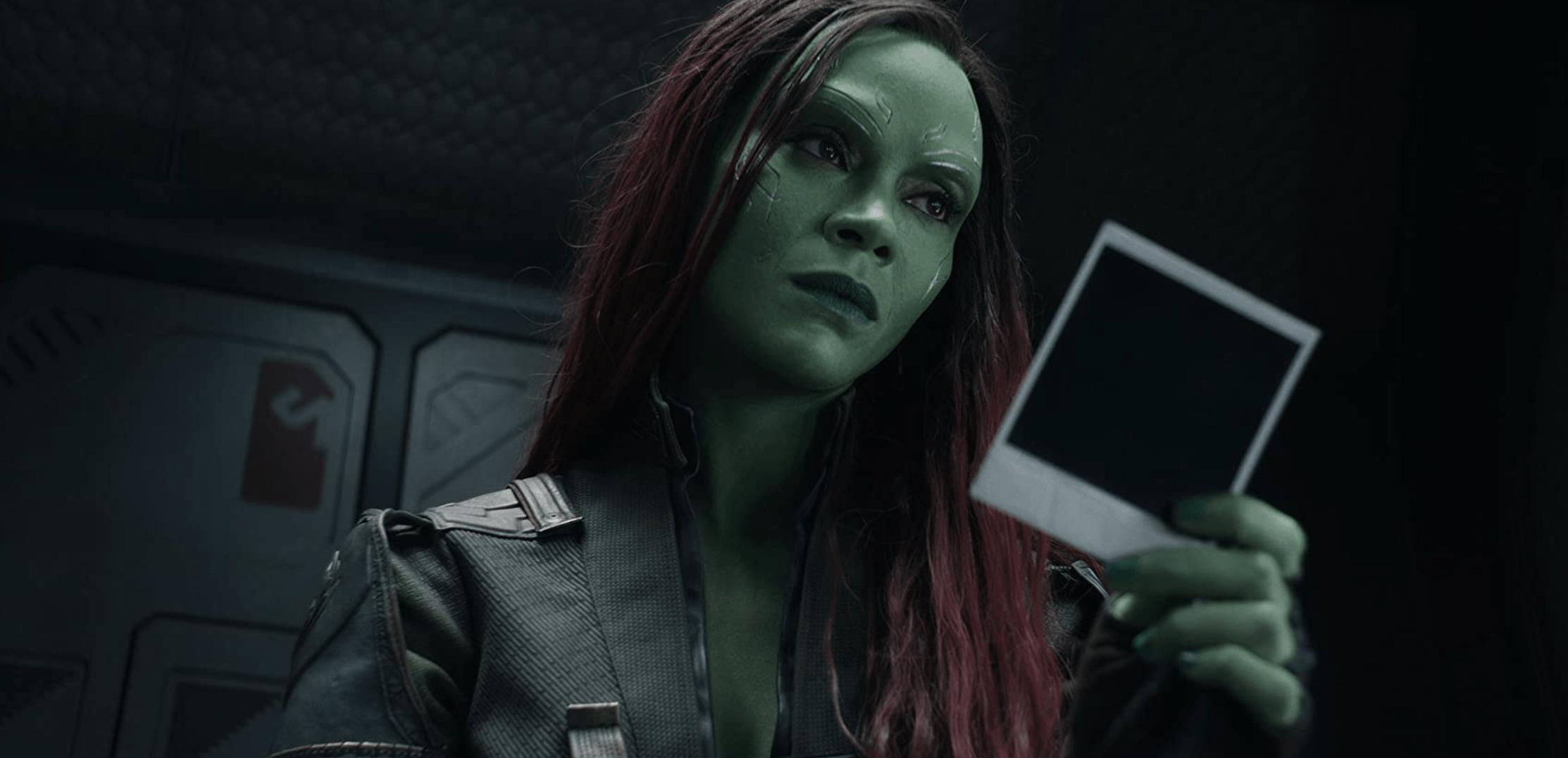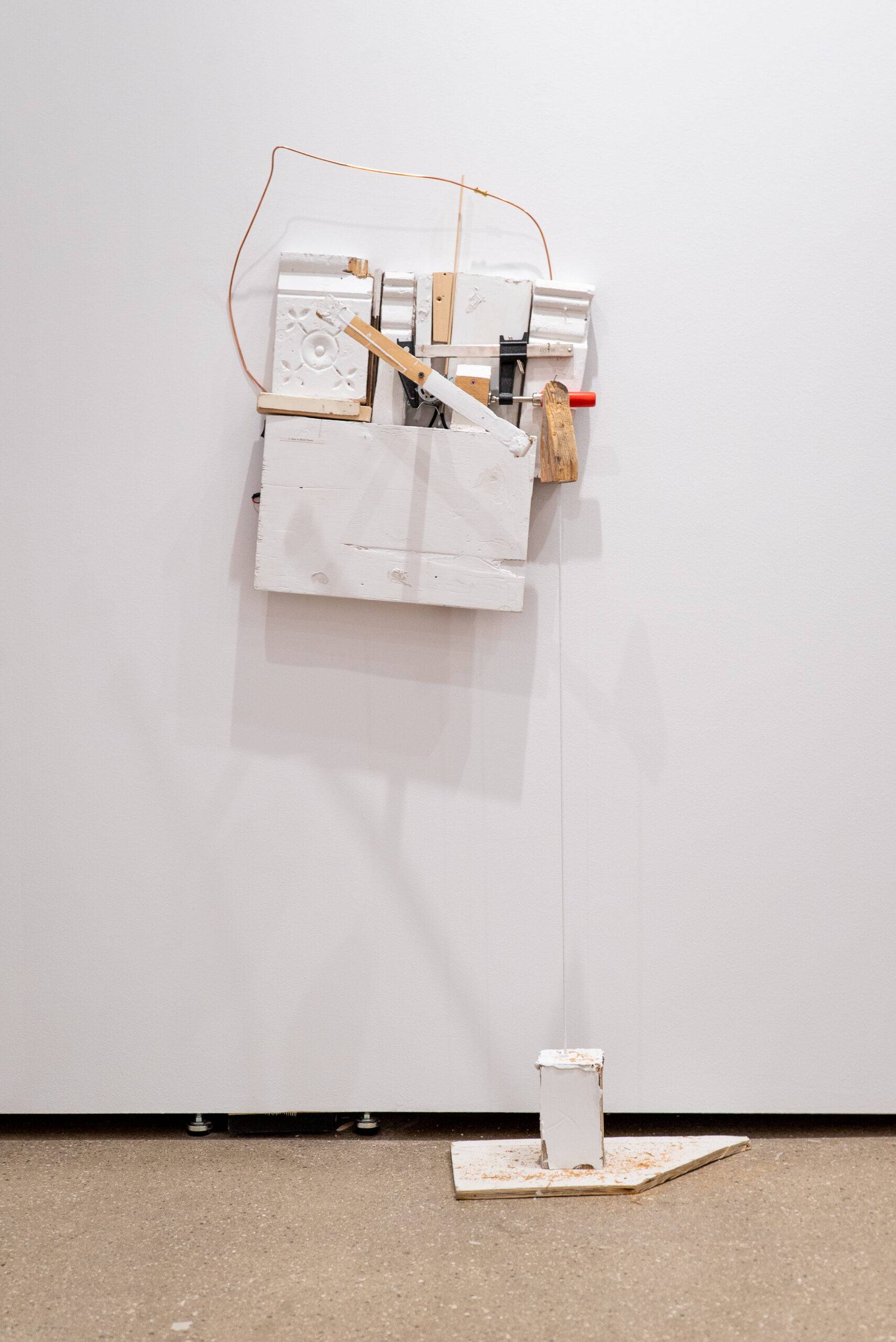
In 2013, when Marvel announced their next big Blockbuster was “Guardians of the Galaxy,” many were stumped. Arguably, building a franchise around Iron Man was a risk too as the character was not a household name when the entire MCU project began. But the Guardians of the Galaxy were characters unfamiliar to even some comic book readers, having first been a group of characters from the 1960s, and then a completely different group of cosmic adventures in the 2000’s comic book event, “Annihilation.” This was not an established IP. It was a leap of faith that also felt like a bad bet, especially for a still-burgeoning empire.
The only possible explanation was that there was some secret about this group of vagabonds that we weren’t privy to, a secret sauce stashed in Marvel’s back pocket. Was Rocket Raccoon designed to sell plushies? Were Drax action figures going to move like hotcakes? Or maybe it was the team’s leader, Star-Lord, and the surprise casting of the bumbling oaf from “Parks and Recreation,” Chris Pratt. Turns out it was none of these things. It wasn’t something about the property, the characters, the comics. It was the film’s writer-director that Marvel was taking a chance on. And now ten years later, James Gunn remains the only director in the MCU to have helmed an entire trilogy, let alone written one too.
Over the decade, directors have come and gone, sometimes in the middle of a project, occasionally at its onset. The Marvel Machine sucked them in and churned them out, with directors of MCU films acting almost as the facilitators of a grand corporate design, rather than innovative artists allowed to flex their creative muscles. Perhaps that is why Gunn could flourish in this ecosystem. Not because he’s a wonderful facilitator but because he was working with a property that had very little at stake. “Guardians of the Galaxy,” if it was Marvel’s first flop, could be blamed on how unknown the characters were. That also gave Gunn the freedom to propel the characters in a brand new direction, because there was so little to reckon with in the public imagination. And he succeeded. The characters were propelled into the stratosphere, and became a major pillar of the MCU earning 770 million dollars at the box office, and made the phrase “I am Groot” a more popular catchphrase than “Avengers Assemble.”
“Guardians of the Galaxy Vol. 3” is the last installment of Gunn’s vision of this team, who, like him, are no longer the scrappy underdogs with nothing to lose. Instead, they are a financial powerhouse; and with that comes higher stakes and presumably more corporate oversight. So going in, I had several major questions: Could Gunn maintain what made his original vision special amidst a flat sea of MCU movies? Could he persevere with his verve and irreverence and keep his losers from falling apart at the seams? Could he juggle the weight of two prior films, one holiday special, and eight characters and end the trilogy on his own terms? And most importantly, will he finally include a needle drop for a song written in this century?
The first of this trilogy was about bringing together this ragtag team, each on the outskirts of polite interstellar society. The second installment was largely about Star-Lord and his planetary father. This time, Gunn shifts focus to one of the MCU’s weirdest characters, Rocket Raccoon, voiced by Bradley Cooper. Rocket’s experiences with genetic manipulation and cybertronic alterations have been alluded to in prior films but were mostly glanced over. This film returns to Rocket’s past, digging deep into what made the surly mammal who he is today. The primary strategy by Disney of late is to find an uncovered backstory and build a TV show around that gap, primarily for fan-service and easter eggs. However, Rocket’s subplot is as far as you can get from this, with his time in a cage providing the emotional throughline for the entire movie. It’s an affecting story, despite it involving an eight-legged mechanical rabbit, and more importantly, the fact that we already know its ending. This is precisely the domain Gunn thrives in: strong characters and emotional tension in freaky and bizarre situations.
It’s for that same reason, Drax, the film’s other beating heart, lands so solidly at the end of this trilogy. Drax began as a stoic, bloodthirsty character who could not understand analogies. The character flitted between clown and brute, often leaning on the former much to the chagrin of Dave Bautista. These two poles of the character were in constant conflict, but in this film, Gunn brings Drax the Destroyer’s arc to its natural conclusion. It embraces the character’s roots and contradictions and is a loving tribute to Bautista’s fantastic tenure on the character. Nebula, played by Karen Gillen, is also offered the same spotlight, despite being primarily a tertiary character in most of the MCU’s other films. This is the first film where she is firmly a member of the team, and with that comes growing pains for the cold-hearted android. The twin arcs of Nebula and Drax, with their seriousness and silliness, and their cynicism and simplicity, mirror Gunn’s own ethos with these stories. They may be goofy, they make you laugh, but that doesn’t mean they won’t pull on your heartstrings by the film’s end.
Not every character’s arc is as convincing, especially the film’s newest addition. The golden-skinned Adam Warlock, played by Will Poulter, felt like an afterthought or obligation to the prior film’s post-credits sequence. Poulter is serviceable in the role, but there simply isn’t enough in the role for him to make it work. The opposite can be said of Gamora, played by Zoe Saldana, and Star-Lord. Both characters have simply too much baggage, making their scenes feel like refurbished moments from prior films, potentially due to the way their stories became absorbed into the larger MCU.
Despite all its charm and humor, there is a distinct bloated feeling across the film. It’s only natural considering how many arcs Gunn sought to close. But the film’s other elements, like its villain and its world-building, suffer, for many of the same reasons other Phase 4 MCU movies do.
Chukwudi Iwuji’s performance as the film’s villain, The High Evolutionary is a bellowing good time. Yet his power set is so indeterminate, that it becomes impossible to feel any stakes in his fight scenes because we literally have no idea what he can do. The film also sends us through multiple settings at a quick rate, which leaves us ungrounded. It’s not necessarily disorienting, but some of the worlds felt extraneous while others perhaps deserved more time. Just like with every other Phase 4 MCU project, the VFX could have spent more time in the oven. Gunn compensates with a neon palette that masks some of the smudges, though there are still a few too many shots with little visual clarity or clouded in shadow. That said, it’s probably the best an MCU movie has looked in recent years. But that’s not saying much at all. It feels almost trivial to point out that it is perhaps the best film of Phase 4 because though it soars over the many duds of Marvel’s newest slate, it doesn’t feel as remarkable as the trilogy’s first entry.
When the first film was released, it was fresh, like someone new was entering the field. It was the feisty young kid fighting for a spot at the table. But now that kid has grown up, and it’s time to say goodbye. It’s no longer the irreverent dad rock radio tune. It is the final swansong of a creative team bidding farewell. Maybe the Guardians will be back in other Marvel movies. But it won’t be the original weirdos that injected some zest and eccentricity into the MCU. It won’t be Cooper, Bautista, Gunn, or the many creatives Gunn has worked with over the years. At best, it’ll be a cover song. Or maybe the stars will align, and it’ll be a reunion tour with every member of the creative team returning. But it still won’t be the same.
“Guardians of the Galaxy Vol. 3” marks a definite ending, both for its characters and for an era. The Marvel Gunn joined is a far cry from the behemoth it is now. The playing field has changed drastically since 2013, with Disney hiring less established directors who can’t push back against the corporate vision. We probably won’t get another idiosyncratic romp like “Guardians of the Galaxy,” nor will we get another director like Gunn who is able to play the game and maintain his style along the way. He’s the first writer-director to have helmed a trilogy in the MCU. And he’s also probably it’s last. I’m just glad he got to close on a high note.
Myle Yan Tay (MFAW 2023) cares a lot about movies and comic books. One day, maybe they will care about him. Find more of his writing at www.myleyantay.com.







